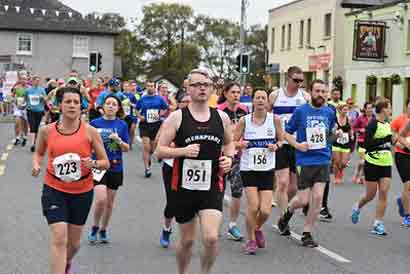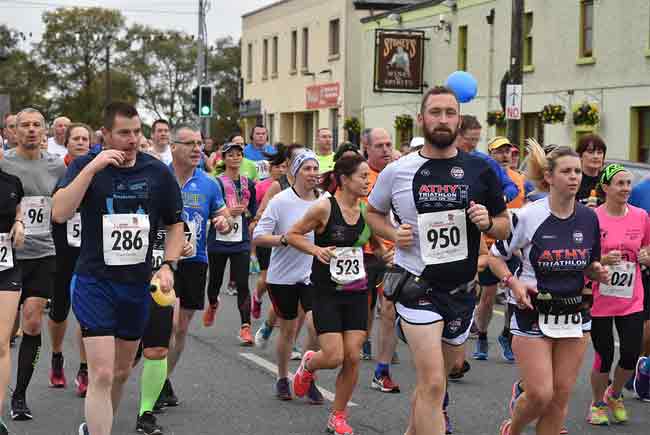Half marathon training plan, marathon and ultra marathon training programs virtually always stress the importance of weekly long runs. Half marathon runners need to work up to about ten mile training runs. Runners training for marathons increase the distance of their weekly long runs to twenty, or slightly more, miles. Runners training for ultra marathons need even longer runs. Weekly runs might be about forty or more miles for runners training for 100 mile ultra marathon races.
Should runners take such long runs every week?

Elite Runners
Elite runners and other runners still in their prime who are trying to achieve optimum competitive performances need to train hard. These runners should do long runs every week with only a few exceptions. The exceptions include when sick, when their bodies tell them that they are on the verge of an injury from over training, and when tapering for a race.
Non-Elite Runners
One contributing factor that makes some runners elite is that their bodies can, for whatever reason, withstand hard training regimens without succumbing to injury. Non-elite runners must often train less to avoid injuries. Their bodies may need more recovery time between hard training sessions than elite runners need.
Even when run slowly, long runs are hard training sessions. Elite runners may be able to do these hard weekly long runs week after week. However other runners may need more recovery time between long runs. One way to get the needed recovery time is to take long runs only every other week, or even every third week.
Other runners may have bodies that could withstand the hard training, but have other commitments in their lives. These commitments, such as work and family, may take precedence over becoming elite runners. These runners might prefer to take long training runs less frequently. Long training runs every two or three weeks rather than every week will still allow them to complete long races while having time for other important commitments.

Masters Runners
One effect of aging is that the body takes longer to recover and heal itself from either injuries or hard training sessions. Masters runners, those who are middle aged or older, should therefore allow more rest time between hard runs, whether they are speed workouts or long slow runs. These runners should also experiment with the frequency of their long runs. As runners age, they may need to decrease the frequency of their long runs. Less frequent long training runs may actually improve performance by allowing the longer recovery times that masters runners need. Masters runners should also allow more time for tapering and recovery before and after races.
Rather than blindly following the weekly long run dictates of most training programs, runners should experiment with the frequency of their long runs. Each individual runner should listen to his or her own body to find the correct individual balance between doing enough long training runs and allowing sufficient recovery time between long runs.
